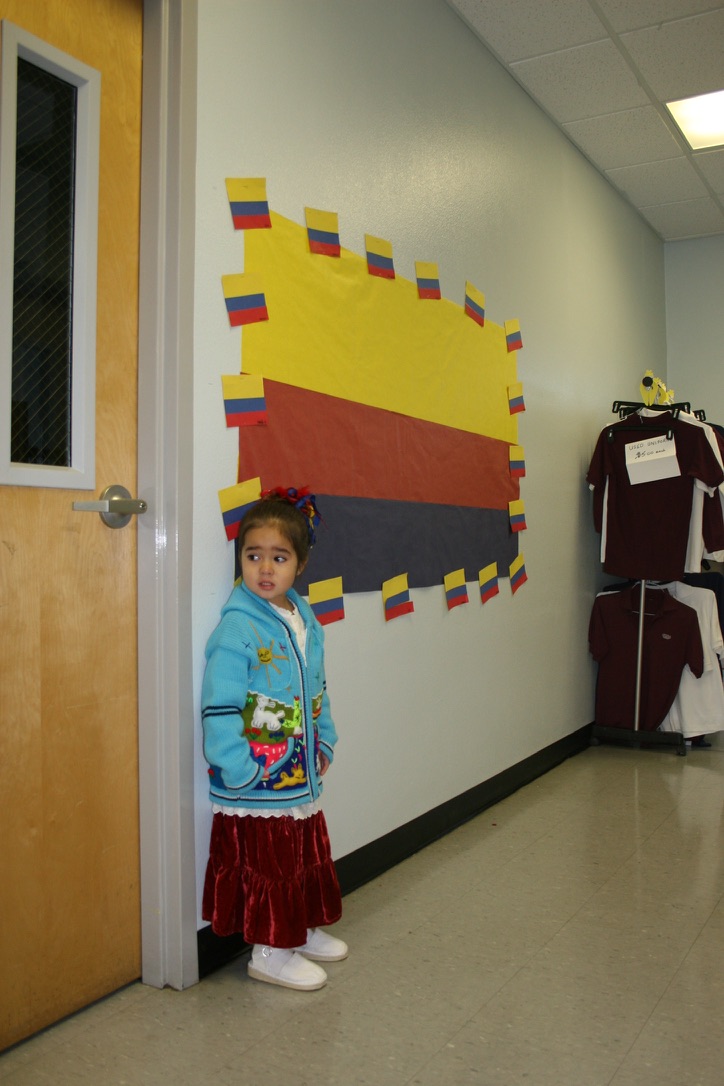Languages have always been fascinating to me. Currently, I’m studying Korean, and taking Catalan courses on Duolingo in my free time. English was always my best subject, and Spanish has been in my curriculum since the 1st grade. Growing up around so many cultures and hearing different tongues, I realized how deeply language can influence heritage, including my own perception of my roots.
I never truly called my Latinidad into question, even though my childhood looked different than many other Latino kids. My neighborhoods were predominantly white, as was the private school I attended. My family’s traditions were a blend of Irish, Polish, Mexican, and American cultures. None of this defined how Latina I felt, even when I moved to a less diverse town in Illinois.
The doubt only surfaced with an innocuous question asked by a classmate in my freshman year of high school: “If you’re Mexican, why are you taking a Spanish class?”
Admittedly, Spanish hadn’t been a major part of my upbringing. While my parents were proud of their roots, they spoke English at home. My mother, a Mexican-Irish woman from Chicago, never spoke Spanish, and my dad, though fluent, believed emphasizing English would help me integrate more easily into an American landscape. As a result, I often felt a gap—a silence where the cadences of Spanish could have played a significant role in my identity.
This absence didn’t only create a linguistic void; it also brought a sense of disconnect from my heritage. I watched as my cousins and grandparents conversed fluently in Spanish, effortlessly weaving in and out of cultures. To me, they were my Grandma and Grandpa from Miami; and to them, they were Abi and Abo. It was hard not to feel like an outsider in my own skin, wrestling with a version of Latinidad that seemed just out of reach.
However, coming to GW and pursuing a Spanish minor has introduced me to many people in the same boat –friends from class, my roommates, and even my mentee have shared similar experiences of being a no sabo kid. Though being Latina enough is a hot topic on social media – referencing a recent Jenna Ortega interview – I can confidently say that even with my grammatical errors and uncertain conjugations, I’m just as Latina as anyone else. My fluency doesn’t define me. Instead, my pursuit of learning Spanish demonstrates passion, curiosity, and desire to connect to my roots – something that’s priceless.
Isabella Insignares is a Cisneros Scholar majoring in International Affairs. Isabella’s views are her own and not necessarily reflective of the Cisneros Institute.


